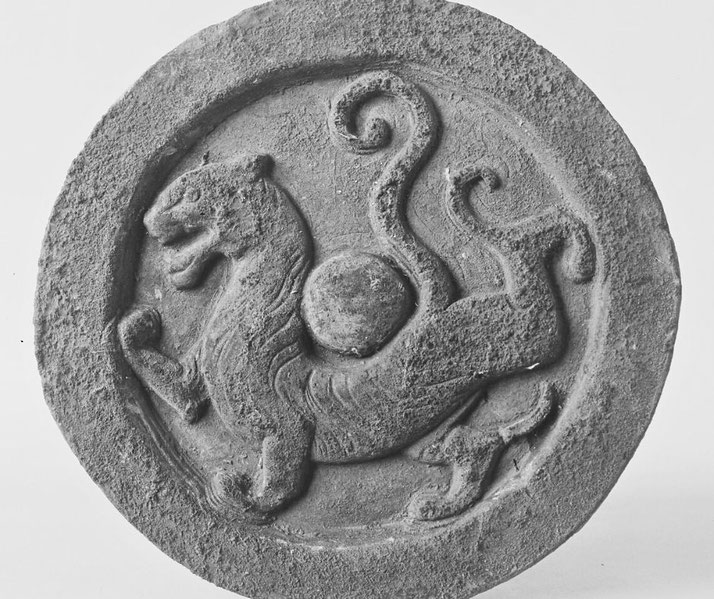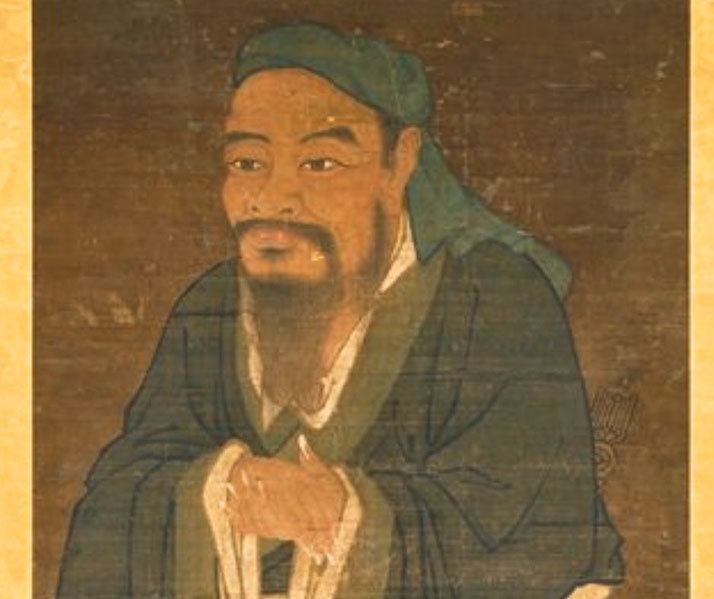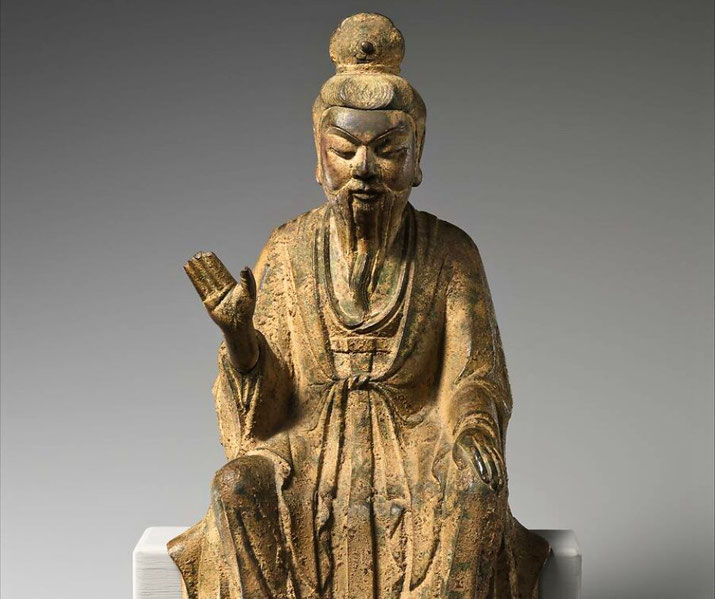What were Ancient Chinese religious beliefs?

Throughout the history of ancient China, there have been a number of different religions that have become popular at different times.
Archaeological evidence indicates that during the Bronze Age, the Chinese worshipped a variety of spirits that they believed lived in the natural world around them.
Therefore, they venerated things like the sun, rivers, fire, the sky, and the mountains.
In addition to this, the Chinese people honoured their dead ancestors through various ceremonies and rites.
This suggests that during this time, people believed in life after death. This might explain why early Chinese rulers had their servants killed and buried with them so that they could serve them in eternity.
However, beginning in the 6th century BC, new religious ideas entered into China and modified these traditional beliefs.
The three most significant religions were called Daoism, Confucianism, and Buddhism.
All three of these still exist in China today and we will explore each one below.

Confucianism
During the second half of the Zhou Dynasty (1122 - 256 BC), a number of philosophers introduced new ideas to deal with the ongoing civil wars and social problems they were experiencing at the time.
One of these thinkers was known as Confucius (K'ung-fu-tzu in Chinese).
Confucius was born into a noble family, but they were not wealthy nor powerful.
He spent his early years studying to become a scholar in the imperial court.
However, he threw this career away and chose to become a philosopher instead.
He introduced new teachings about how people should live their lives and how governments should act.
Confucius attracted a lot of followers during his lifetime, and some of his students went on to gain positions of authority in the Chinese government during the Warring States Period (481 - 221 BC).
After his death, his followers wrote down his teachings to ensure they survived, and their record of Confucian beliefs is known as The Analects (Lun-yu in Chinese).

Confucius’ teachings were not a ‘religion’ in the traditional sense, since they did not teach anything about gods nor the creation of the world.
Instead, the teachings were a system of beliefs about how people should act.
Confucianism was very practical, and it became incredibly influential for the rest of Chinese history, because it tried to make it clear what good and bad actions were.
In 134 BC, Confucianism was declared the official belief system of China, and Confucius' teachings became central to Chinese society for more than 2000 years.
Confucius taught that to be a good person, you had to be honest, loyal, self-sacrificing, polite and considerate to everyone.
In comparison, he believed that people did bad things because they were not taught correctly as a child.
Therefore, Confucius argued that all people should be educated correctly in order to create a better society.
Confucius also taught that people in the government should only earn their positions based upon their superior knowledge, skills and honesty, not based upon their wealth or family background.
He believed that governments should only exist to help people and that everyone should follow rulers who set a good example.
In Confucianism, the family was one of the most important things in life. In Chinese society, all living generations lived together in the same house: grandparents, parents, and children.
Confucius taught that all members of the family needed to be loyal to one another and always respect those older than themselves.
The eldest male was the head of the family, while the oldest woman controlled the day-to-day running of the household.
In addition, parents had the power to choose who their children would marry.
When a young woman married, she would live with her husband’s family, and she was expected to obey both her husband and his parents.
Daoism
According to legend, Daoism (also spelled Taosim) was created by a man called Laozi, which means ‘old master’, who lived between c. 600 BC and c.530 BC.
Laozi was believed to have lived at the same time as Confucius, but historians are not sure that he actually existed.
Daoist teachings encouraged people to avoid worrying about day-to-day things like wealth, power, and prestige, and, instead, focus on something called the dao, which is often translated to mean ‘the way’.
Daoism teaches that the natural world exists in a state of harmony and that people should also find a way to live in harmony with nature in order to be happy and healthy.
A part of this system was the idea of the yin and yang, which were two opposing forces that existed together in balance.

Daoism also taught about an afterlife and believed that a person could live forever.
To achieve this, Daoist followers spent their time trying to live simply and practising the disciplines of silence, stillness and meditation.
They believed that if a person truly followed the dao, they would become an ‘immortal’ and obtain special powers, such as being invisible and being able to raise people from the dead.
Buddhism
Buddhism was a religious system that was created by a person who was given the title ‘the Buddha’, which means ‘the enlightened one’.
The person who gained this title was originally known as Prince Siddhartha Gautama, who lived in India around c. 563 – 480 BC.
According to legend, the young Buddha gave up his life as a rich royal in India in order to search for wisdom and inner peace.
Through a process of studying and meditation, he believed he found these things and received insight into the world and how to live life.

The Buddha taught his followers that they needed to treat all people equally, regardless of their differences in life, whether it be their wealth, power or position in society.
One of the most important ideas in Buddhism was that suffering in life is caused by the fact that people want things.
Buddha taught that to avoid suffering, people had to stop wanting things. For example, people suffered disappointment when they don’t get the things that they desired.
Therefore, the Buddha said that to avoid disappointment, one must stop desiring things.
Buddhism also taught that people lived many lives, and that when we died, we were simply born again (reincarnated) somewhere else in the world as a new person or animal.
The Buddha believed that people had to try and live better in each of these lives in order to reach a place called nirvana, which was a kind of ‘heaven’.
Buddhism believed that once you reached nirvana, you were no longer reborn on earth and, instead, lived in a state of happiness forever.
To achieve this, people had to follow ‘the eightfold path’, which required you to practise ethical behaviours, gain wisdom and develop mental discipline.
Even though Buddhism began in India, it spread into China during the Han Dynasty (206 BC - AD 220).
It quickly became a popular belief system across the kingdom and became the official religion of northern China in the fourth century AD.
Today, it is the major religion in China.
What do you need help with?
Download ready-to-use digital learning resources
Copyright © History Skills 2014-2025.
Contact via email
With the exception of links to external sites, some historical sources and extracts from specific publications, all content on this website is copyrighted by History Skills. This content may not be copied, republished or redistributed without written permission from the website creator. Please use the Contact page to obtain relevant permission.





